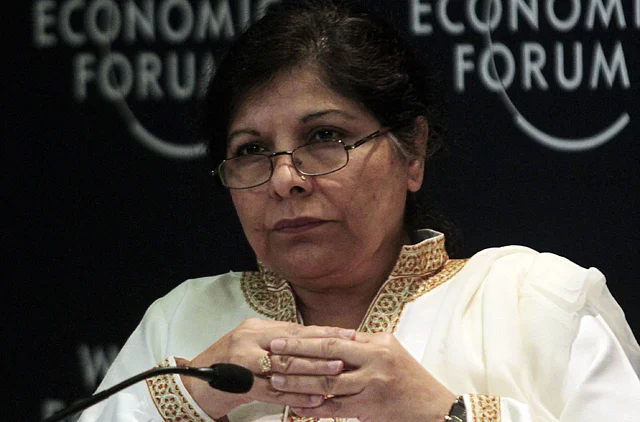Middle East World Economic Forum: Day 2
Francis Matthew reports from the scene in Marrakesh

The day started with a working breakfast: what a terrible contradiction in terms! However, the shock of drinking the first coffee of the day in public was eased by the people at Bain and Co, where the excellent Jean Marie Pean hosted an interesting talk by Chris Zook, co-head of Bain’s global strategy practice.
Zook spoke of the themes in his new book, Profit from the Core, which has been updated to incorporate the effects of the global recession. He gave a series of example of companies which survived the rigours of the present market by simplifying their strategy and management, and focusing on their core profitability without getting distracted by complexity. A useful and complex issue, which will be covered elsewhere in the paper.
Trust is what the Arab world needs
Meanwhile, it was fascinating to see how a major and complicated issue which crosses all sorts of political and social groups has managed to get to the top of the region’s priorities. Access to clean water is a major issue across the Arab world, but it has been very hard to get governments to recognise this as a distinct problem that need to be tackled across a range of different ministries and political responsibilities.
Therefore it was a very pleasant surprise to see Amre Mousa, Secretary General of the Arab League, at the working meeting on water policies. At first he told the meeting that he was there to learn, and did not want to give a speech. The discussion was chaired by the very knowledgeable Margaret Catley-Carlson, who for many years has been pushing this issue into prominence with government bodies and international organisations.
Sir Mohammad Jaafar, Chairman of the Kuwait Danish Dairy Company, illustrated the difficulty for Saudi government policy makers when he spoke of the shocking waste of water in the search for food security. This perfectly understandable government target had drastic effects on the water situation, as some of the largest dairy farms in the world were set up in Saudi Arabia. These water-thirsty operations led to so much water being extracted that it is now being drawn from 2 kms deep in the ground, and 90 per cent of that precious water is lost to evaporation.
Jaafar summed up the very difficult challenge in getting government and social bodies to work together to deal with this of working over when he said that “we have a lot of information and people who are aware of the issues, but we do not have the trust to solve them.”
The reference to lack of trust caused Amre Mousa to leap to his feet and take the microphone to agree that developing trust was vital to tackle this major issue, indicating that this trust was needed between countries but also within countries and across different arms of governments. He spoke of action being taken on the water problem in Jordan, Egypt, UAE and Algeria, but returned several times to the theme that more trust is what the Arab world needs.
Water and waste
Just occasionally an intervention from the floor can silence a room. During the discussion on the urgency of building water policies into government planning, Sharif Al Ghamrawy, a social entrepreneur from Egypt and chairman of Basata, told the group how he ran an eco-tourism lodge on the Gulf of Aqaba coast of the Sinai Peninsula.
He said that when he started in 1986 there was ground water available in the Santa Katherina area, but the water had run out due to over-extraction. He stunned the room when then said that the solution had not been a rational plan like limiting water use, or building desalination, but instead the European Union had helped pay for a pipe to run water all the way from the Nile into the Sinai area. A terrible example of a wasted resource, which was in its turn wasting precious aid to put it right.
Sign up for the Daily Briefing
Get the latest news and updates straight to your inbox
Network Links
GN StoreDownload our app
© Al Nisr Publishing LLC 2026. All rights reserved.